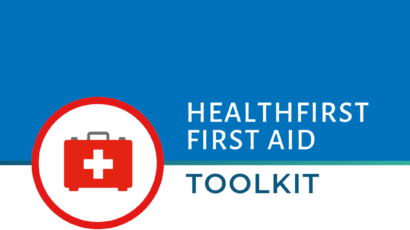Are you dreaming of a good night’s sleep?
Sleep is the one single (in)action that we can take to reset our physical and mental health every day: a nightly rinse and repair of our brain and body. As humans, we’re the only species that deliberately deprive ourselves of sleep.
Most of us need 7-9 hours every night, and sleep can’t be banked. Losing just one hour a night impacts our memory, our ability to learn and our overall health and has been associated with heart disease, stroke, diabetes, and Alzheimer’s.
Struggling to sleep?
Around a third of us struggle to get to sleep at least on a weekly basis, with anxiety and stress being important causes of insomnia.
The problem is that poor sleep worsens symptoms of mental distress, so we find ourselves in a spiralling cycle of deficient sleep and increasing stress.
The resulting tiredness leads many of us to turn to caffeine to help us focus during the day and alcohol to help us get to sleep at night. Unfortunately, both can further impact our sleep.
Caffeine, which blocks our natural sleep-onset hormone, hangs around in our body for up to 12 hours, meaning that the coffee we had at lunchtime can prevent us from falling asleep at bedtime. Alcohol induces anaesthesia, not sleep, and both liquid stressors impact sleep quality, so we awake unrefreshed the next day.
Blue light from screens at night-time also blocks our natural sleep cycle by turning off the important sleep hormone melatonin, vital for communicating the message to our brain that sleep should start.
The importance of daylight

Actually, a good night’s sleep begins in the morning by getting good light: just 20 minutes of daylight sends a strong message to our brain to wake up and sets up our 24-hour clock for the day ahead.
To keep this clock well calibrated, we should ensure a regular bedtime routine 7 days a week. Setting an alarm in the evening to begin our night-time wind down can help fine-tune the accuracy of our internal clock. Dimming the lights an hour before bed, lowering the temperature in our bedroom to 18 degrees and taking a nice hot bath, both to relax and to cool our core temperature down can also help.
Body temperature naturally falls as we go to sleep, along with heart rate and blood pressure, so anything that drives these up, hampers sleep.
Another tip is to keep a notebook and a pen beside the bed and write down any worries that wake us at night. Putting our ‘to do’ list, worrying thoughts, or even 3 things we are grateful for on paper can really help to quiet our mind.
Switch off the snooze button!
And if we wake up in the night and can’t get back to sleep, the best thing to do is to get up: retrain our brain that our bed is for sleeping in!
Finally, switch off the snooze button. If we must set an alarm to wake us in the morning, we don’t need to relive that stress impact more than once!





